Meet the preLighters: a catch-up with Benjamin Dominik Maier
19 December 2023
Benjamin Dominik Maier is a PhD candidate in Evangelia Petsalaki’s research group at the European Bioinformatics Institute and the University of Cambridge, as part of the EMBL International PhD Programme. His work is aimed at developing data-driven mathematical models of cell signalling, allowing him to work with both experimental and computational biologists. Here, Benjamin explains how he got himself in this position highlighting the importance of interdisciplinarity and collaboration. We discuss his different career steps, his sense of belonging to a larger community and his enthusiasm for science outreach and communication. He also shares his favourite ways to recharge: outdoor adventures, ball sports and card games.
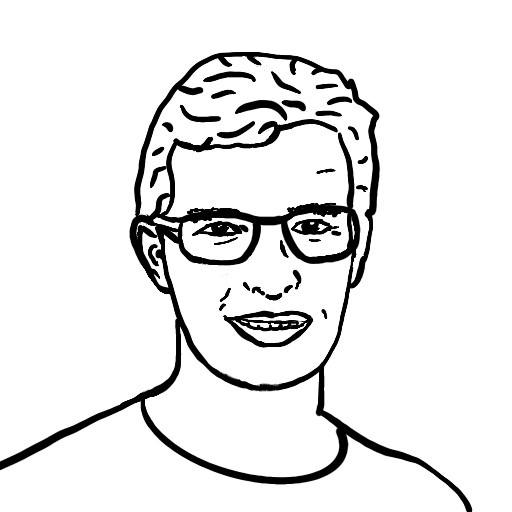
What sparked your initial interest in science?
My father was a physics and maths teacher, though I do not believe that my parents have pushed me in any specific direction. I have just always been fascinated by nature and have spent a lot of time outside.
During my time in high school, I participated in a science program designed for talented students at the German Cancer Research Center, which was my first proper introduction to the world of science – something that went beyond doing a few small experiments in the classroom. As part of the programme, we engaged in small self-organised project-based working groups headed by scientific mentors. When I was 14 years old, I gained my first hands-on experience in a real laboratory setting. Around the age of 17, I attended my first scientific conference and really enjoyed the opportunity of talking to people who have this shared interest in science.
What are you currently working on in your PhD? And how does this relate to what you have done before?
During the second year of my bachelor, I realised that I preferred dry lab work and mathematical modelling over wet lab experiments, especially when the latter proved to be time-consuming and prone to multiple failures.
I came to this realisation during a longer lab course, in which I worked on mathematical modelling of cell signalling—funny enough, a topic I am currently delving into as part of my PhD. My PhD revolves around gaining a deeper understanding of human cell signalling. I am exploring how cells respond to both external and internal stimuli, as well as changes in their environment. The ultimate goal is to connect these findings to diseases and explore ways to transition from a diseased state back to a healthy one. I appreciate the quantitative approach involved in achieving this through computational models.
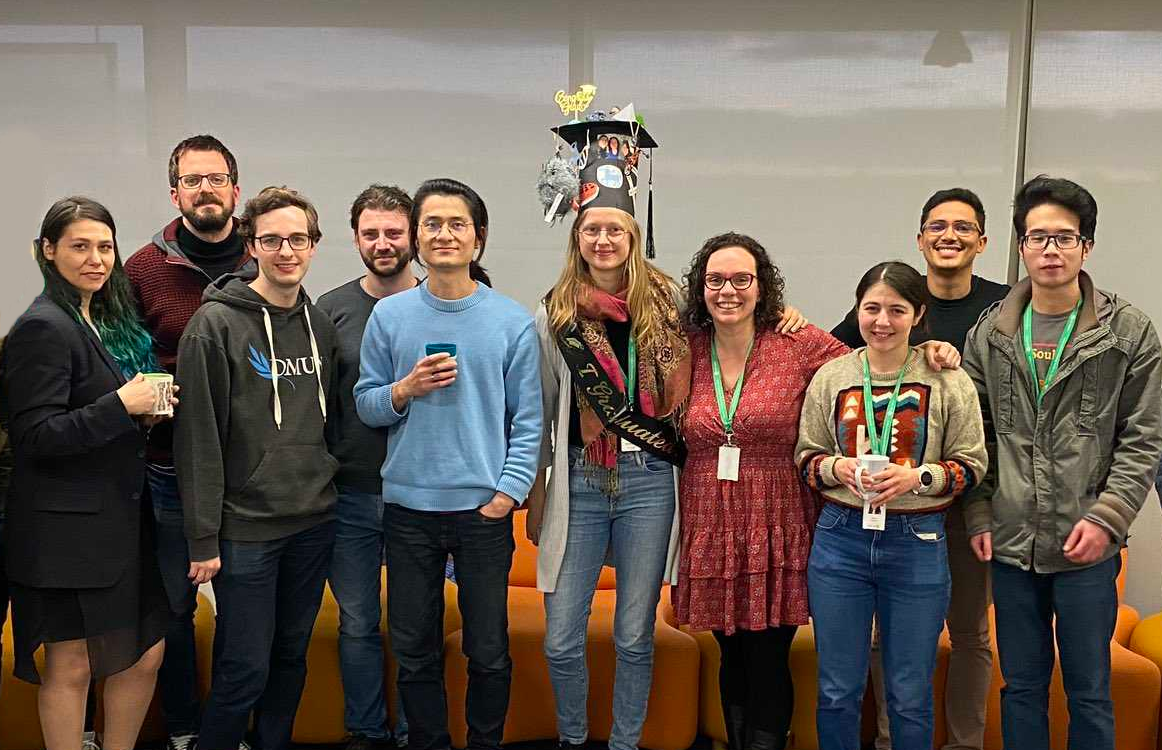
Benjamin is a PhD candidate in Evangelia Petsalaki’s research group at the European Bioinformatics Institute and the University of Cambridge.
As a computational biologist, how do you bridge the gap with experimentalists?
Though experimentalists and computational biologists may have different ways of looking at things, we are mutually dependent on each other.
During the first year of my PhD, I have mostly been developing methods and have therefore not been very dependent on experimental data. But looking ahead at the next few years, I will collaborate closely with people doing wet lab work – it will be a back and forth between experimental and computational biology. For these collaborations, I think it is necessary to at least understand the scientific language used by experimentalists. I think it comes in handy that I have a general understanding of work in the wet lab and that I have gone through the struggles it often involves.
Interdisciplinarity is key in systems biology because you bring together a lot of different kinds of expertise. You will never be an expert in all fields – you need to collaborate and work across disciplines.
Interdisciplinarity is key in systems biology because you bring together a lot of different kinds of expertise. You will never be an expert in all fields – you need to collaborate and work across disciplines.
How much do you feel embedded in the ECR, biological and/or the larger scientific community? And how important is this to you?
I think networking is very important and being in Cambridge, surrounded by diverse communities and initiatives such as the Cambridge AI Club for Biomedicine, is ideal. I actively engage with various communities to get the most out of the opportunities this setting offers. Additionally, my affiliation with EMBL provides access to numerous talks and seminar series as well as the opportunity to speak with invited international experts about my project and potential scientific careers.
Participating in different communities is valuable not only for meeting and interacting with current and potential colleagues and collaborators, but also for forming new friendships.
Your academic career has already taken you to Sweden, Germany and currently the UK – how did you experience moving internationally?
My travels were a result of unique opportunities that presented themselves. After completing the second year of my bachelor’s degree, I felt a desire to leave Germany for a while and experience another education system and culture. That led me to Sweden, where I thoroughly enjoyed living in Stockholm—a vibrant and liveable city with stunning nature at its doorstep. In comparison, Cambridge (my current location) is green, but relatively flat and monotonous. It lacks the same immediate access to nature that I enjoyed in Sweden, where a 20-minute journey in any direction would immerse you in natural surroundings, and where you could embark on multi-day kayak tours with just a bit more travel.
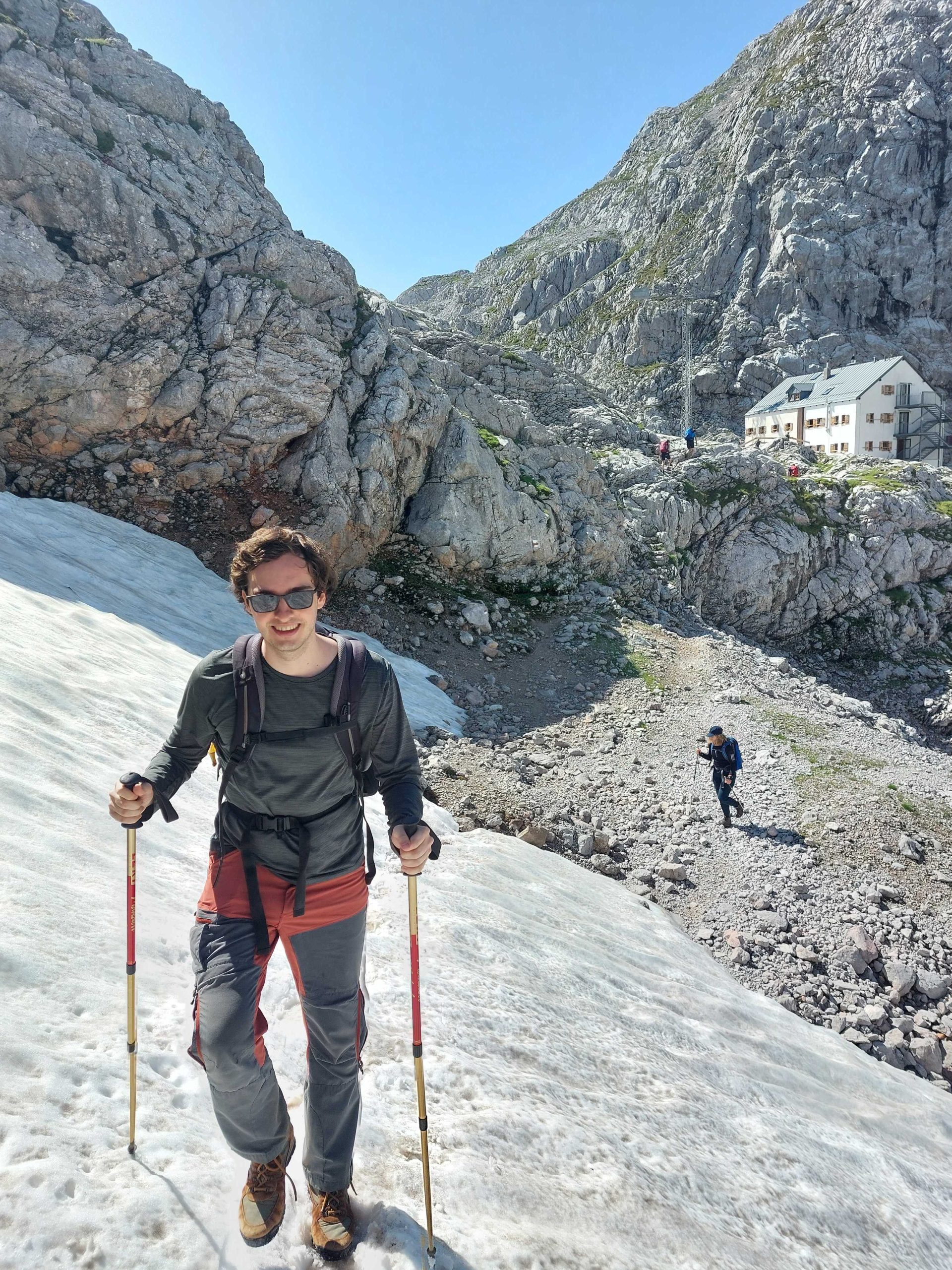
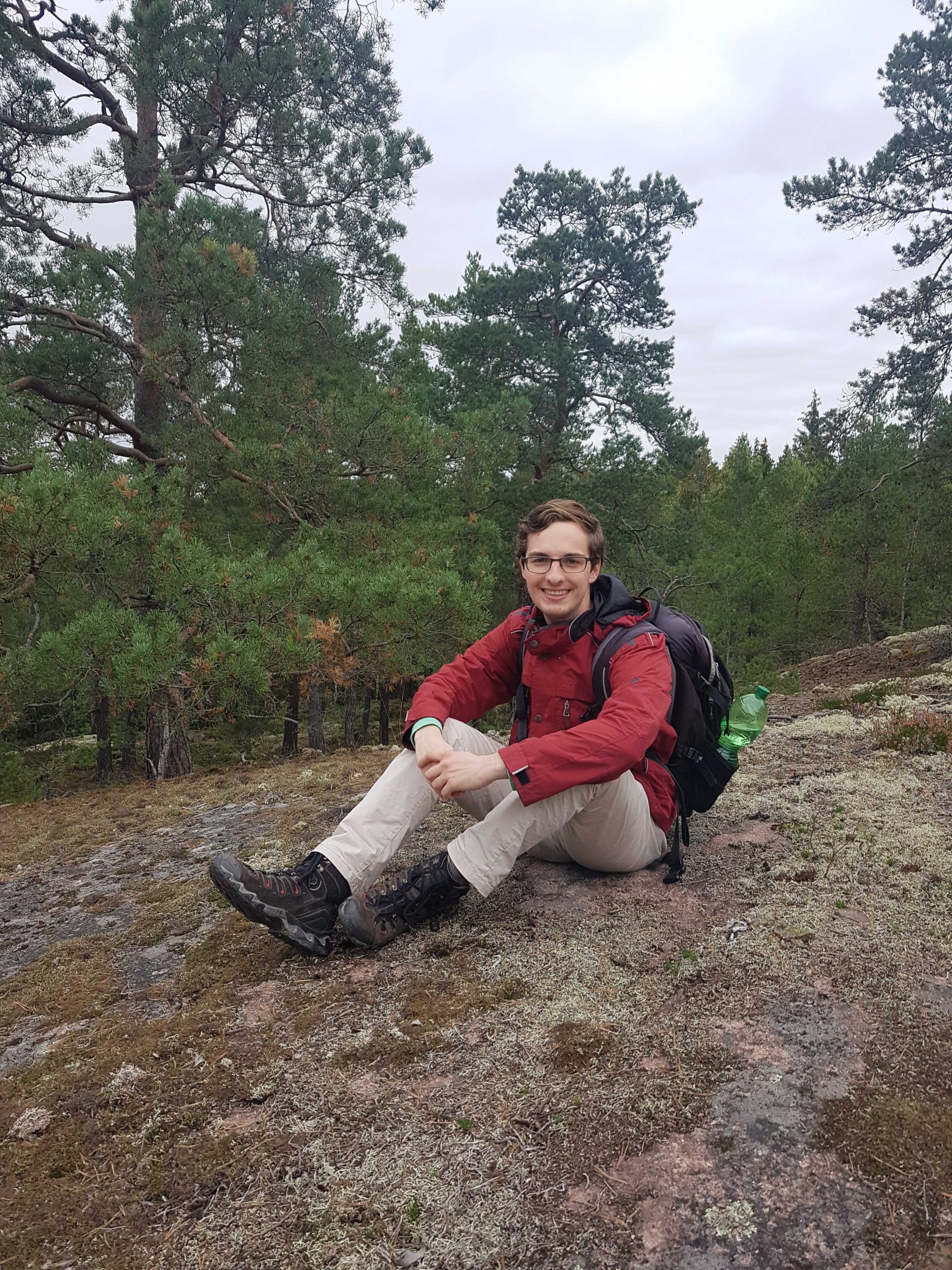
When he is not in the lab, Benjamin enjoys spending his time outside in nature.
The major distinction for me between Heidelberg and Stockholm, on the one hand, and Cambridge on the other, lies in the university setup. Heidelberg is a city university and Stockholm is a campus university, while Cambridge operates as a college university. This means that a lot of the social and academic life happens within the college. It strikes me how different student life and actual working life are in Cambridge. As I mentioned earlier, I do appreciate the various communities present here, which offer plenty of opportunities for knowledge exchange, participation in competitions, attendance at lecture series, talks, and more.
How did you become a preLighter and what are you enjoying most in this role?
I was already aware of the preLights platform when I was working in Sweden. In fact, we were talking about these kinds of initiatives quite often. Then, at the start of my PhD, I attended the EMBL PhD Symposium where I met the preLights Community Manager. After a couple of months of settling into my new routine, I finally decided to write a preLight and join the community.
So far, I have found that interacting with authors provides a unique opportunity to ask questions directly about their manuscripts, something you won’t do as part of a journal club. As a prelighter, my goal is to make articles accessible to a wider audience by summarising key findings, offering a deeper understanding beyond the abstract, and generating interest in exploring the full preprint.
As a prelighter, my goal is to make articles accessible to a wider audience by summarising key findings, offering a deeper understanding beyond the abstract, and generating interest in exploring the full preprint.
What kind of preprints do you aim to highlight as a preLighter?
Most of the time, I come across the preprints that I choose to feature on preLights either through our groups’ Slack Channel or via the weekly updates from bioRxiv. Typically, I select works directly related to my own PhD research—articles that I should read because they are genuinely important for my work or might hold potential significance. In these cases, writing the preLights doesn’t add much work, while it compels me to thoroughly engage with the article, as opposed to merely skimming through or focusing on figures and abstracts.
Occasionally, I choose preprints that capture my interest due to the experimental methods being discussed. This is particularly true when I lack sufficient knowledge about the method but am keen to gain a deeper understanding. Preparing a preLights post will then provide insight into how the method operates, its limitations, and its potential applications in the next two or three years.
Can you talk a little about your motivation and enthusiasm for getting involved with science communication (/outreach) work?
I believe that effective science communication is crucial, though very challenging. In Sweden, we were asked to compose a press release as part of our Master’s thesis. The objective was to steer clear of jargon unless absolutely necessary, aiming to articulate your research in a way that even people without a connection to STEM fields or any understanding of your work—such as my grandparents—could comprehend.
Considering that science is mostly funded by the taxpayer’s money, it is so important that scientists make the effort to explain their work to the broader public. Not only should scientists try to actively reach out to those outside the scientific community, they should also communicate and connect more with fellow scientists. Too often, research methods or findings are rediscovered or reinvented simply because people are unaware that a similar approach or study already existed.
In order to help more people enter the discussion, I have been engaged in mentoring high school students for quite some years now. Recently, I have mentored students with an interest in informatics to work on a range of different projects – from building a chess engine to developing a method to solve Wordle. These projects all involved discussions around various algorithms and computational concepts within the context of games. Interestingly, I find that many of the algorithms and concepts we discuss have an application in my current field of research.
Not only should scientists try to actively reach out to those outside the scientific community, they should also communicate and connect more with fellow scientists. Too often, research methods or findings are rediscovered or reinvented simply because people are unaware that a similar approach or study already existed.
What does the future hold for you?
I believe that meticulously planning a career in the sciences is simply not possible, particularly in today’s landscape with numerous and more visible opportunities. The traditional career path that allowed a (more or less) linear path from the PhD to eventually becoming a group leader is no longer the sole or primary route.
I don’t invest much time in detailed career planning right now. While my preference is to remain in academia, I am also open to exploring opportunities in industry, and only time will tell what the best path for me is.
Meanwhile, I find it important to gain insight in reviewing, grant writing and, more generally, the life of a group leader. Even if I ultimately choose to leave academia, observing how others have navigated their careers, understanding the timing of their involvement in various pursuits, and seeking advice from diverse sources is helpful.
…observing how others have navigated their careers, understanding the timing of their involvement in various pursuits, and seeking advice from diverse sources is helpful.
What is something that keeps you going? Something that takes your mind off things?
I depend on my semi-weekly badminton sessions and a weekly tennis match to re-energise myself. My research group engages in a quick 15-minute ping pong session every day after lunch, which is fantastic for rejuvenating spirits before returning to the office. During my time in Sweden, my supervisor and I used to play two or three sets of ping pong after our one-on-one meetings, and surprisingly, those sessions turned out to be the most productive times, allowing us to process our earlier discussions.
During my holidays, I enjoy spending my time outside in nature. For the upcoming year, I have planned a multi-day winter camping trip and I will also be crossing the Alps with a couple of friends in summer.
I also have a keen interest in card games, particularly one called ‘Coachride to Devil’s Castle’. Over the years, my friends and I have extensively played this game. Our enthusiasm reached a point where we decided to investigate whether there is an actual castle named Devil’s Castle. To our delight, we discovered one on the German-French border and embarked on a long weekend trip. We played the card game there and took the opportunity to do some sightseeing. Now that I have moved countries, we have a Python implementation of ‘Coachride to Devil’s Castle’, allowing us to play it virtually.
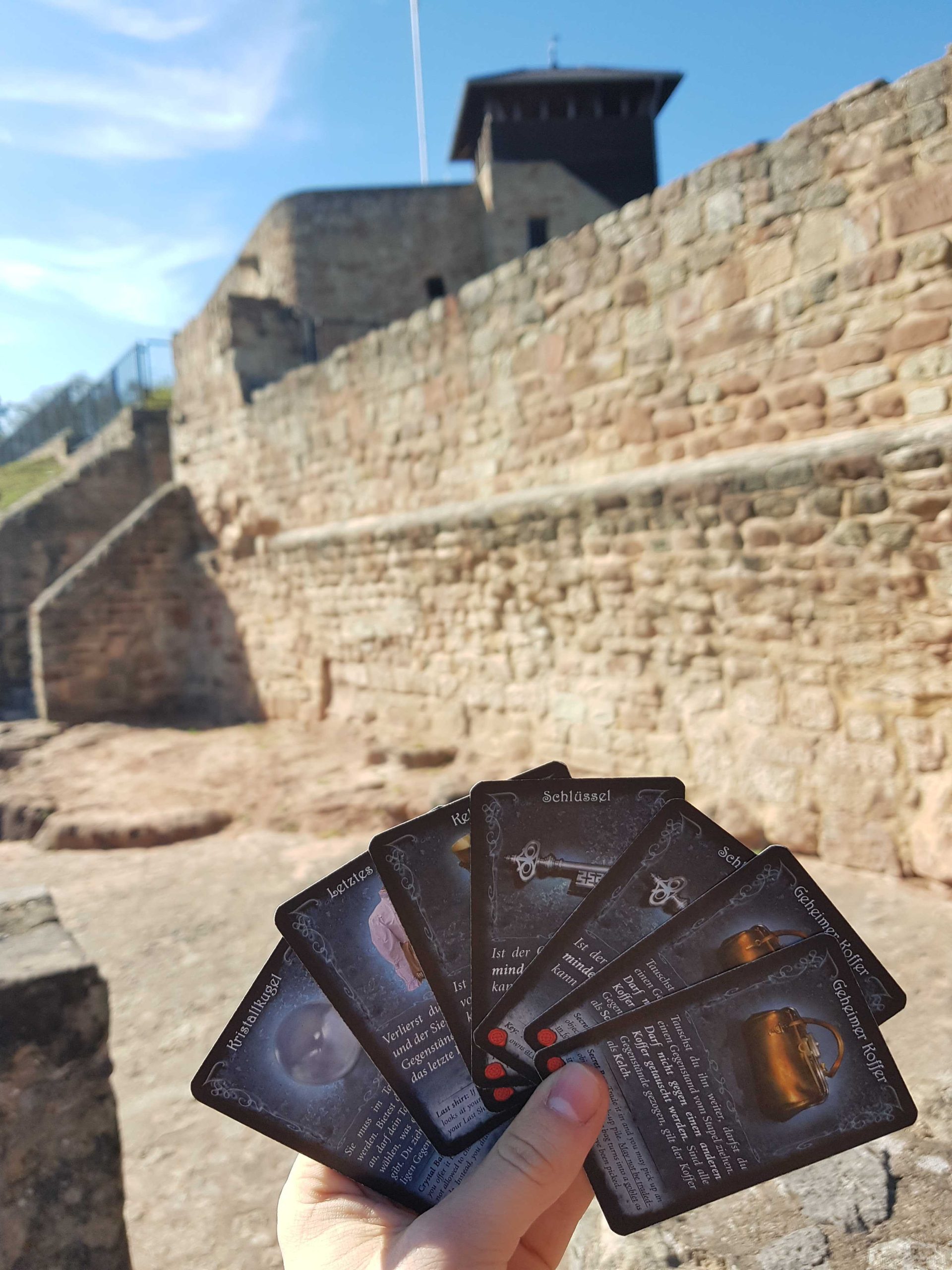

Benjamin has a keen interest in card games, particularly one called ‘Coachride to Devil’s Castle’.










